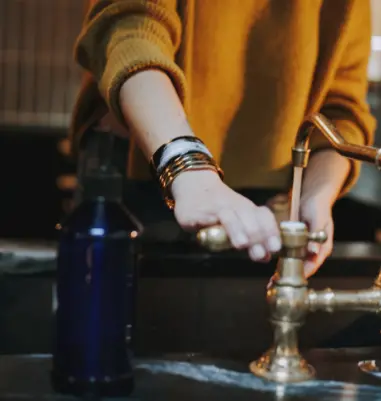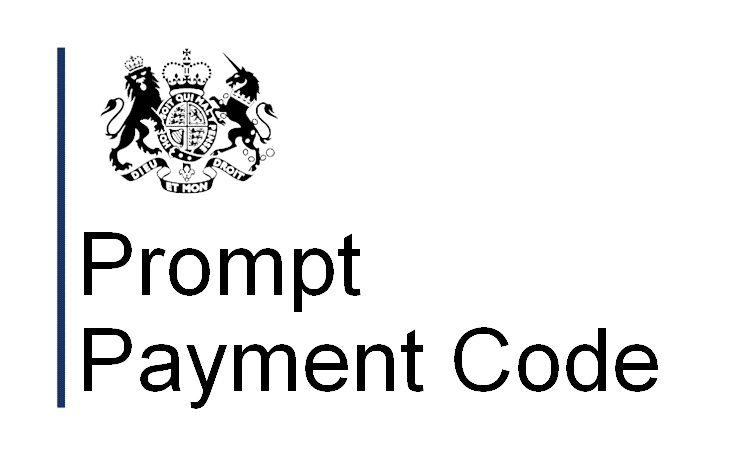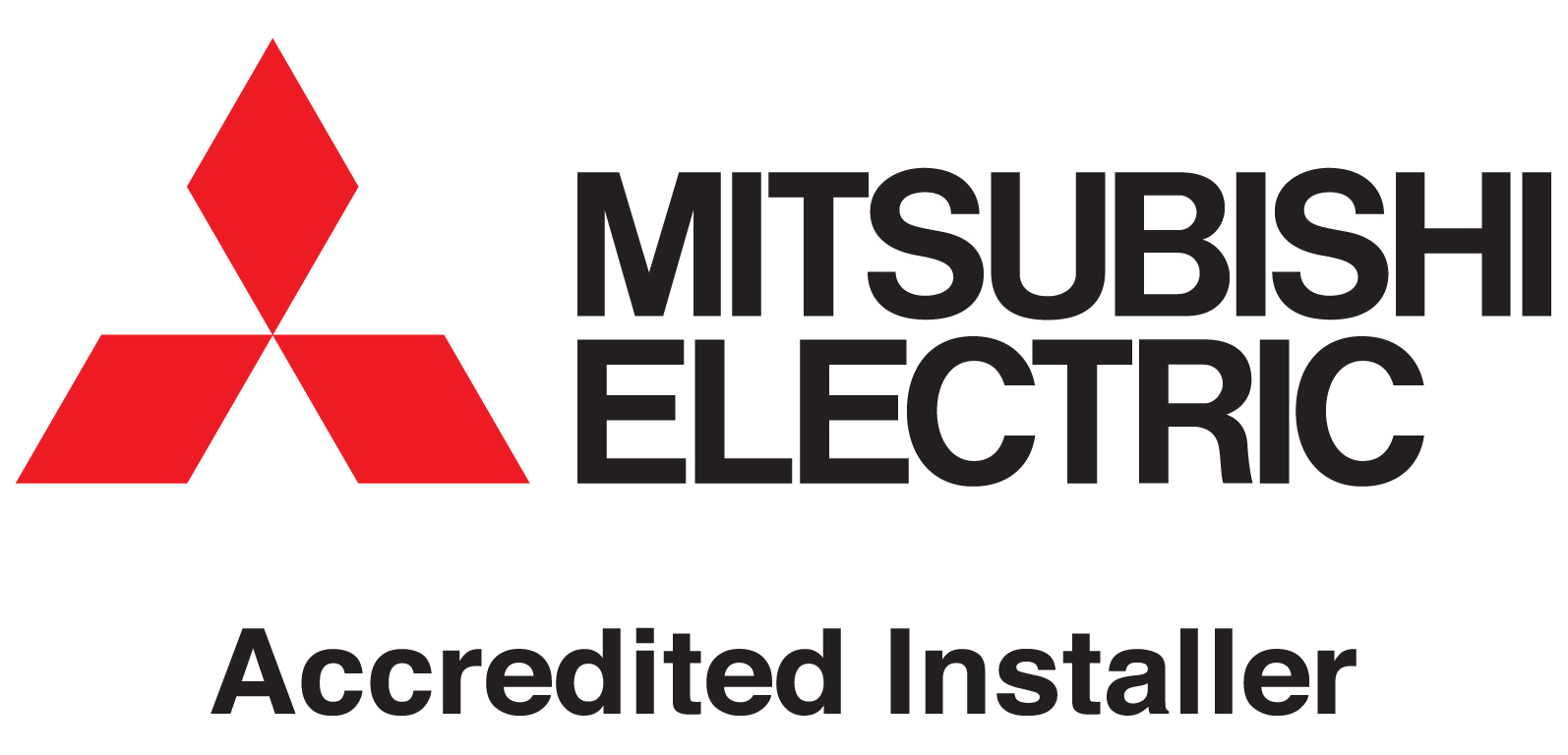
How to fix your common household heating problems
To most of us, the inner workings of our central heating systems aren’t worth thinking about. That is until something goes wrong. Then it’s “what does this little tap do?”, “where’s that noise coming from?”, and “should it be taking this long?”
When we have a problem with the heating it’s inconvenient, but usually nothing to worry about. If it is, you can always get a professional plumber to put everything back in working order, but you can solve a lot of common heating problems yourself, saving time and money. Let’s take a look at some of the most notorious heating issues and what you can do about them.
Cold radiators, no hot water
When this happens, it’s normal to assume the worst: the boiler has gone bust. But, you should remain calm and check that your thermostat is on. It sounds stupid, but you would be surprised how many people call in the plumber only to find out that the heating wasn’t turned on. Save yourself the bill, and set your thermostat somewhere between 17 and 20 degrees. If your radiators don’t warm up, go to the programmer and check that both central heating and hot water is on.
If you continue to have problems, you should check whether the system is being supplied with electricity. Alternatively, the heating fuse might have blown. If this is working fine, the issue might be the pump. Turn it off to see if there is any sign of a problem like mechanical failure or blockage, as these are common concerns. If it looks clogged with dirt, start cleaning.
If you still have no luck after this, it’s time to call the professionals.
The radiator is only warm at the bottom
When a radiator is only warm at the bottom, you should bleed it. This is when you let out air that has been trapped inside the radiator, causing cold spots, and reducing their efficiency. All you need to do is find a radiator key in your house or local DIY shop, turn off your heating and open your radiator’s valves. Wait for the water to squeeze out to signify that the air has left, and close the valves. Make sure you have a bucket ready to put under the radiator because dirty water will likely drip out. Also, make sure you check back later for leaks.
The radiator is only warm at the top
This problem could signify sludge buildup in your radiators. It will need to be flushed out. To do this, you need to take the heater off the wall and clean the system with water. If flushing doesn’t solve your dilemma, there could be a problem with your pump.
The boiler is making strange noises
You might experience an odd sound when the pilot light of your boiler ignites. This is known as ‘kettling’. If you hear this, turn the boiler off to see if the noise is being caused by trapped air. At that point, find the air bleed screw and let out excess air. If this doesn’t work, make sure enough water is getting to your feed-and-expansion tank, usually found in the attic. Or, check if the system is clogged with sludge and flush if so.
If your central heating system is showing any of these signs, the solution may be simpler than you first thought. But, remember, if you don’t feel comfortable carrying out this maintenance yourself, or don’t think you know how to do it safely, it’s always best to get in touch with trained professionals.
If any of these problems leave you scratching your head, why not give GOS Heating a call? We have years of experience solving all manner of heating problems. Get in touch with us today on 01772 734 966.






















